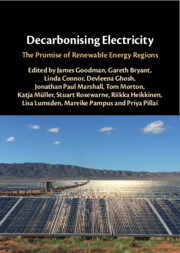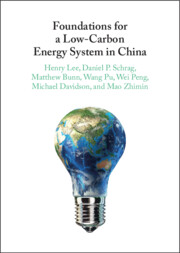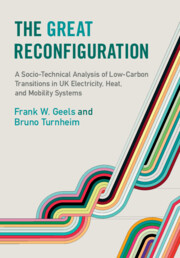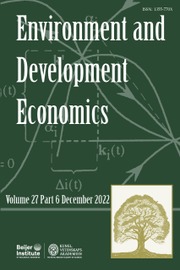Decarbonising Electricity
The current shift to renewable energy is dominated by globalised energy companies building large-scale wind and solar plants. This book discusses the consequences and possibilities of this shift in India, Germany, and Australia, focusing on regions which have now largely decarbonised electricity generation. The authors show how centralised models of energy provision are maintained, and chart their impacts in terms of energy geography, social stratification, and socio-ecological appropriation. The chapters emphasise the prominent role played by state regulation, financial incentives, and public infrastructure for corporate renewables, arguing that public provision should be re-purposed for distributed renewables, social equity in affected regions, and for wider social benefit. This interdisciplinary book provides fertile building ground for research in - and application of - future energy transitions. It will appeal to students, researchers, and policy makers from anthropology, sociology, politics and political economy, geography, and environmental and sustainability studies.
- Provides a deep understanding of drivers and obstacles to renewable energy development faced by all countries, both rich and poor
- Offers insights into the experiences and impacts of energy transitions on local populations
- Presents an interdisciplinary analysis of renewable energy transitions, drawing on a range of disciplines, from environmental and sustainability studies to political economy
Product details
No date availableHardback
9781009485616
276 pages
244 × 170 mm
Table of Contents
- Acknowledgements
- Authorship
- Tables and Figures
- Introduction: legitimacy for renewables?
- 1. The promise of renewable energy
- 2. Renewable energy regions: cases and policy
- 3. Karnataka, India
- 4. Brandenburg, Germany
- 5. South Australia
- 6. Comparative analysis.







